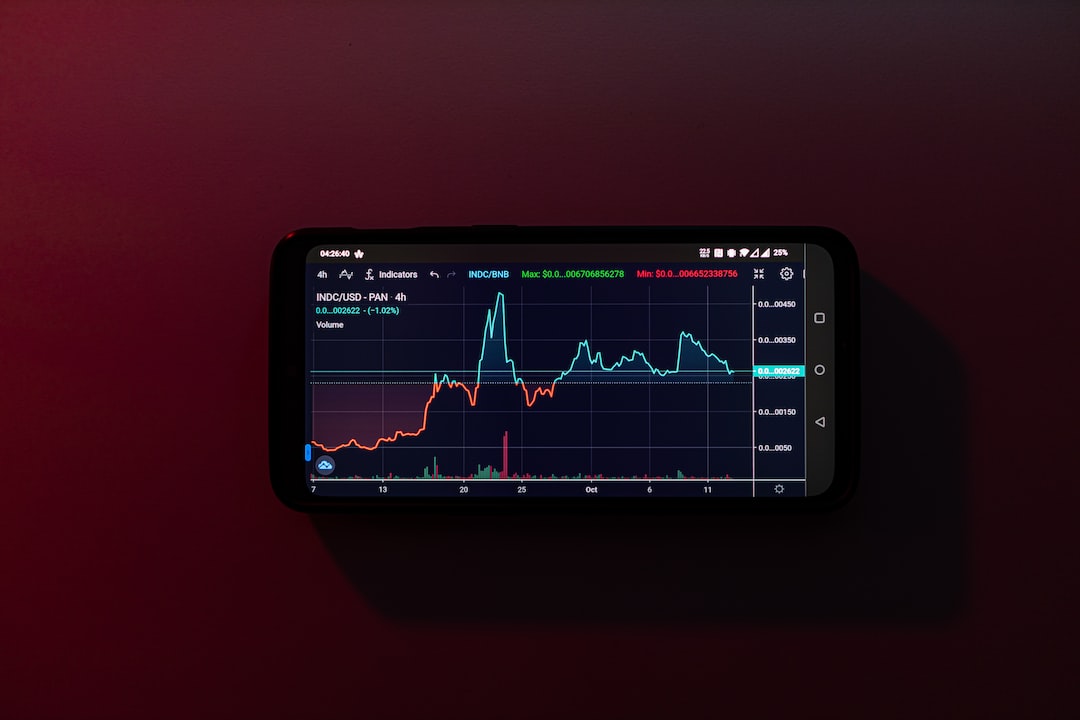The US Department of Justice (DoJ) Cracks Down on Chinese Fentanyl Supply Chain
The US Department of Justice (DoJ) has taken action against a fentanyl supply chain involving 28 Chinese entities. These companies and employees allegedly used cryptocurrencies to traffic fentanyl, a highly potent opioid.
According to the DoJ, two Chinese nationals maintained crypto wallets that received overseas payments for raw materials supplied by Hebei Shenghao Import. Another Chinese citizen owned a Bitcoin wallet linked to Henan Ruijiu Biotechnology Company.
Chinese Fentanyl Companies Involved in Crypto Transactions
Xiamen Wonderful Biotechnology Company, based in Fujian Province, reportedly received funds in a wallet owned by a Chinese national. The DoJ charged several companies with international money laundering and disregard for US Customs, as they used fraudulent documents and fake shipping labels to move illegal substances.
The charges come after the Office of Foreign Assets Control (OFAC) designated the 28 individuals and entities as international drug traffickers.
The Evolution of Drug Scams Using Crypto
In response to recent indictments related to fentanyl trafficking with cryptocurrencies, the US Treasury has vowed to crack down on the use of digital currencies for criminal activities. While blockchains enable tracking of illicit fund flows, criminals have become more sophisticated in their methods.
TornadoCash, an Ethereum application, is one tool favored by criminals for obscuring cryptocurrency transaction details. In November, Tornado Cash was sanctioned by the US Treasury Department, leading to concerns from advocates of free speech.
Shutting Down Hydra: A Russian Marketplace for Illicit Drug Transactions
Earlier this year, US and German authorities shut down Hydra, a Russian marketplace known for facilitating illegal drug transactions. Instead of using a mixer, Hydra employed a sequence of services to convert crypto to rubles and obscure the flow of funds.
Hot Take: Combating Crypto-Enabled Drug Trafficking
The US Department of Justice’s crackdown on the Chinese fentanyl supply chain highlights the illicit use of cryptocurrencies in drug trafficking. While blockchains enable tracking, criminals are finding ways to evade detection. Regulatory agencies and law enforcement must continue to adapt their strategies to combat these evolving techniques and protect public safety.





 By
By
 By
By
 By
By

 By
By
 By
By